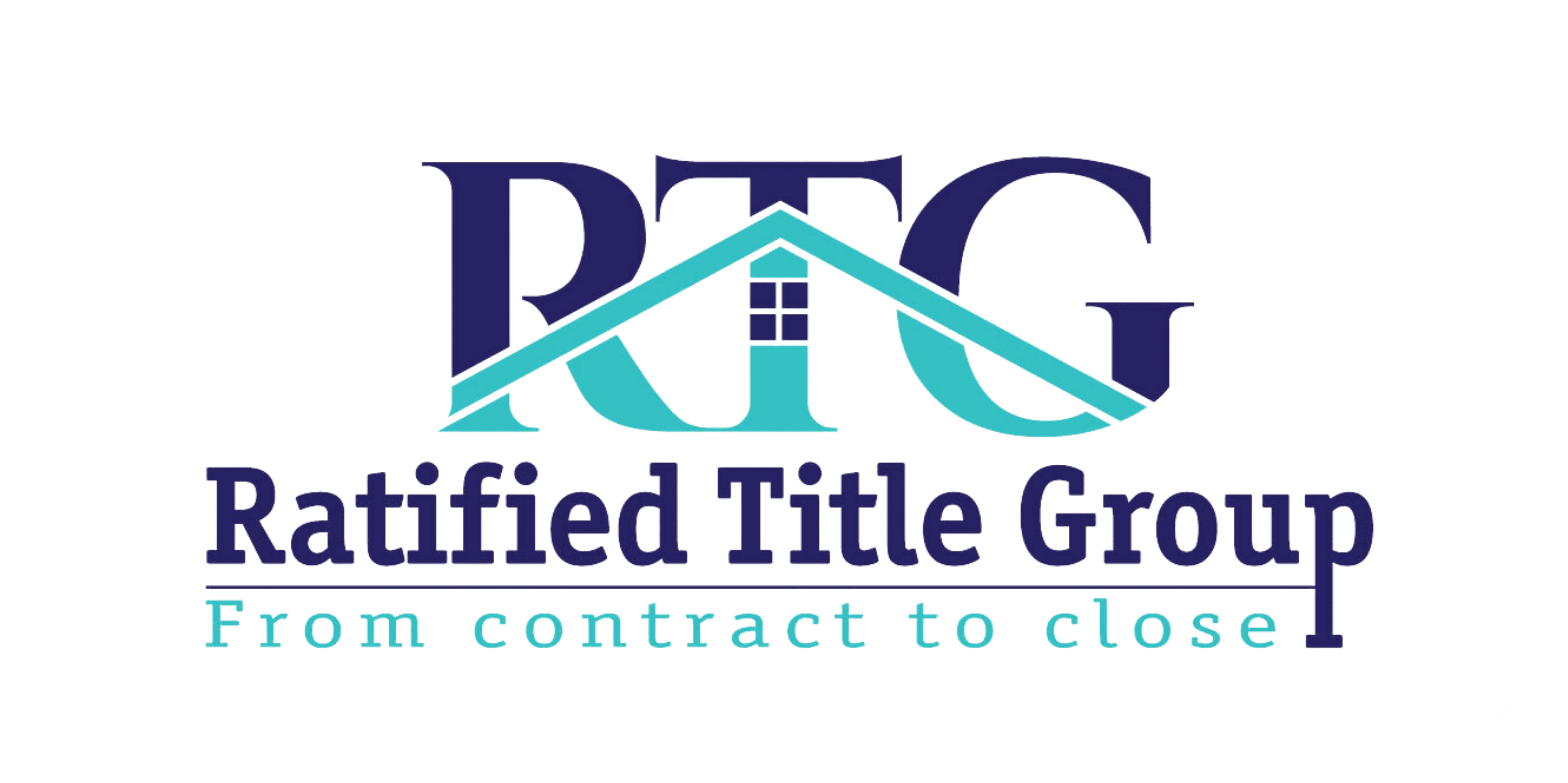In the bustling world of Virginia’s real estate, finding the right mortgage lender for refinancing in virginia can be a game-changer. The process can be overwhelming, but with the right knowledge, it becomes more manageable.
Where Can You Find a Mortgage?
Local Banks: Begin your search by visiting local banks in your area. These banks often have mortgage departments that can offer personalized assistance based on your financial situation.
Credit Unions: Consider exploring credit unions, which sometimes offer more favorable terms and lower interest rates compared to larger financial institutions. They often prioritize member satisfaction and may have unique mortgage options.
Online Lenders: In today’s digital age, online lenders have become a popular choice for obtaining mortgages. These lenders provide convenience and competitive rates, allowing you to apply for a mortgage from the comfort of your home.
Mortgage Brokers: Mortgage brokers act as intermediaries between borrowers and lenders. They can connect you with various lenders and help you find a suitable mortgage based on your needs and financial capabilities.
Real Estate Professionals: Don’t overlook the advice of real estate agents or brokers. They often have a network of trusted lenders they can recommend based on your specific requirements.
Government Programs: Investigate government-backed programs such as those offered by the Federal Housing Administration (FHA), the Department of Veterans Affairs (VA), or the United States Department of Agriculture (USDA). These programs may have unique mortgage options and lower down payment requirements.
Exploring these different avenues will provide you with a comprehensive view of the mortgage options available to you, allowing you to make a well-informed decision regarding refinancing your Virginia mortgage.
Steps to Find the Best Mortgage Lender:
Evaluate Your Financial Goals: Take time to identify your financial objectives and how refinancing fits into your plans. Determine what you aim to achieve through refinancing, whether it’s lower monthly payments, a shorter loan term, or accessing equity.
Create a Mortgage Wishlist: Outline the specific features you desire in a refinanced mortgage. This could include flexible payment options, fixed or adjustable rates, or specialized loan programs catering to your circumstances.
Explore Lender Specializations: Investigate lenders specializing in various loan types. Some may excel in conventional loans, while others might focus on government-backed loans like FHA or VA. Find a lender aligned with your needs.
Consult with Financial Advisors: Seek guidance from financial advisors or mortgage professionals who can offer personalized advice based on your financial situation. They can help you understand the implications of different loan options.
Utilize Comparison Tools and Resources: Leverage online tools and resources available on financial websites or apps. These tools often allow you to compare interest rates, terms, and fees across multiple lenders, empowering you to make an informed decision.
Engage in Direct Conversations: Initiate conversations with potential lenders. Ask detailed questions about their loan products, including any hidden fees, prepayment penalties, and their responsiveness throughout the loan process.
By following these steps, you’ll be equipped with the knowledge and tools necessary to find a mortgage lender tailored to your specific refinancing needs in Virginia.
Key Factors to Evaluate When Comparing Mortgage Loan Offers:
Rate Stability Beyond Interest Rates: While interest rates are crucial, consider the stability they offer. Beyond just the rate itself, evaluate whether the rate is fixed or adjustable. A fixed rate provides predictability, while adjustable rates may fluctuate based on market conditions.
Holistic View of Costs: Look beyond the obvious interest rates and delve into the full spectrum of expenses. Assess not only closing costs but also hidden fees or charges that might emerge during the loan tenure.
Customization and Flexibility: Seek lenders who offer personalized solutions. Evaluate their ability to tailor the loan terms to your unique financial situation, whether it’s adjusting the repayment schedule or accommodating a specific financial goal.
Service Excellence and Communication: Assess the lender’s customer service quality. Reliable communication and responsiveness during the loan application process and beyond are crucial. Read reviews or seek referrals to gauge their commitment to customer satisfaction.
Value-Added Loan Programs: Look for lenders that provide special loan programs beyond conventional offerings. These could include first-time homebuyer programs, low down payment options, or assistance for specific professions or communities.
Transparency and Education: Choose lenders who prioritize transparency. They should be willing to educate you about the mortgage process, explain all terms clearly, and be upfront about any potential risks or drawbacks associated with the loan.
Considering these nuanced aspects alongside the standard factors like interest rates and closing costs will enable you to make a more comprehensive evaluation of mortgage loan offers, ensuring that you select the option that best aligns with your financial goals and needs.
Essential Questions to Pose to Your Mortgage Lender:
Rate Lock Policy: Ask about their rate lock policy. Inquire how long the quoted interest rate is guaranteed to remain unchanged and if there are any conditions that might impact this lock-in period.
Underwriting Process: Seek clarity on their underwriting process. Understand what documentation and information they require and how long it typically takes for underwriting approval.
Appraisal Contingency: Inquire about the appraisal process and the potential impact on your loan. Ask about possible contingencies in case the appraisal differs from the expected property value.
Loan Servicing and Payments: Clarify how the loan servicing will work after closing. Understand how to make payments, whether there are auto pay options, and how to access account information.
Potential Rate Adjustments (for Adjustable-Rate Mortgages): If considering an adjustable-rate mortgage, ask about the frequency of rate adjustments, the maximum rate cap, and how those adjustments might impact your monthly payments.
Post-Closing Support: Inquire about the post-closing support offered by the lender. Ask about their responsiveness to queries or concerns after the loan has been finalized.
Escrow Account Details: If an escrow account is part of the loan agreement, understand how it will be managed. Inquire about the items included in the escrow account, such as property taxes and insurance.
Loan Portability or Assumability: Explore if the loan is portable or assumable. This can be crucial if you plan to sell the property or transfer the loan to another person in the future.
Loan Repayment Options: Discuss the available repayment options. Inquire if there are penalties for early repayment or if there are flexible payment plans available to accommodate financial fluctuations.
Asking these detailed questions will provide a clearer picture of the mortgage terms and the lender’s policies, ensuring that you make an informed decision when finalizing the refinancing deal for your Virginia mortgage.
Refinancing Your Virginia Mortgage with Ratified Title’s Exclusive Tools:
Interactive Rate Comparison Tool: Utilize our user-friendly tool that allows you to compare interest rates offered by different lenders in Virginia. This tool helps you make informed decisions by displaying rates side by side for easy comparison.
Customized Loan Calculator: Access our advanced loan calculator that considers various refinancing scenarios. Customize the loan terms, interest rates, and payment schedules to understand how they impact your financial situation.
Online Application Portal: Benefit from our secure and efficient online application portal. Streamline the paperwork process by completing essential forms and submitting necessary documents digitally, saving you time and hassle.
Educational Resources and Guides: Explore our comprehensive library of educational resources and guides. These resources cover various topics related to mortgage refinancing, empowering you with knowledge to make confident decisions.
Expert Consultation Services: Engage with our experienced team for personalized consultations. Our experts will guide you through the refinancing process, address your queries, and offer tailored advice based on your specific financial goals.
Transparent Closing Process: Experience a transparent and efficient closing process facilitated by Ratified Title. We ensure clarity on all fees, deadlines, and documents involved, providing a stress-free closing experience.
Post-Closing Support: Count on Ratified Title’s ongoing support even after the refinancing process is complete. Our dedicated team remains available to assist with any post-closing inquiries or concerns that may arise.
Access to Exclusive Refinancing Programs: Take advantage of exclusive refinancing programs available through Ratified Title. These programs may offer unique benefits, such as lower interest rates or reduced fees, enhancing your refinancing options.
By leveraging Ratified Title’s suite of tools and resources, you can navigate the refinancing journey with confidence, ensuring a seamless and efficient experience tailored to your Virginia mortgage needs.
Conclusion:
Refinancing your Virginia mortgage is a significant financial decision. By following these steps and considering essential factors, you can find the best mortgage lender to suit your needs.
Contact Information:
For further inquiries, contact us at [email protected] or call us at +1 (571) 234-5589.


